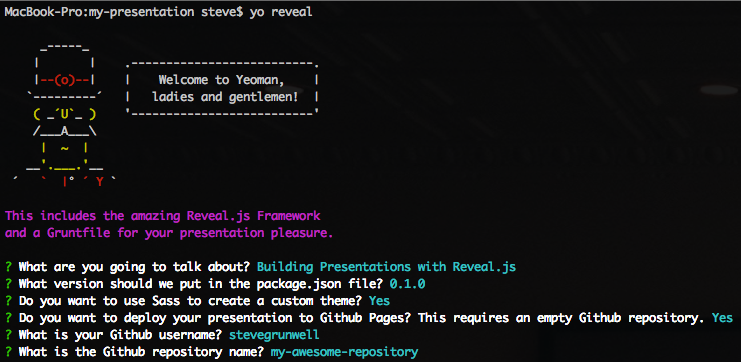My WP Password Generator plugin was my first foray into WordPress plugin development. It started back in 2010, just over a month after I started at Fahlgren Mortine, when my friend Greg Laycock and I were working on a client’s WordPress site and decided that manually generating passwords was a total pain. I suggested “what if we have a ‘Generate Password’ button on the user edit screen?”, he agreed, and I spent that night writing a quick plugin that makes an Ajax call to a script that generated a password. After we submitted it to the WordPress.org repository, we watched the download counts climb (I remember how thrilled we were once we crossed 100, and it just continued to rise from there).
As time went on, feature requests rolled in through the plugin forums and GitHub, but we intentionally kept the features simple (it’s a password generator, not a whole user management suite, after all). It was eventually rewritten to better adhere to the WordPress coding standards and use the native WordPress wp_generate_password() function instead of my home-rolled solution (which was actually pretty similar). It was never the flashiest plugin, but it was a perfect learning experience for both WordPress plugin development and managing an open-source project.
Continue reading→






